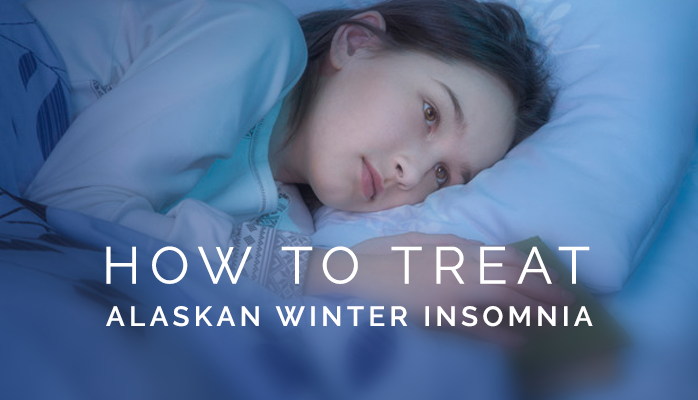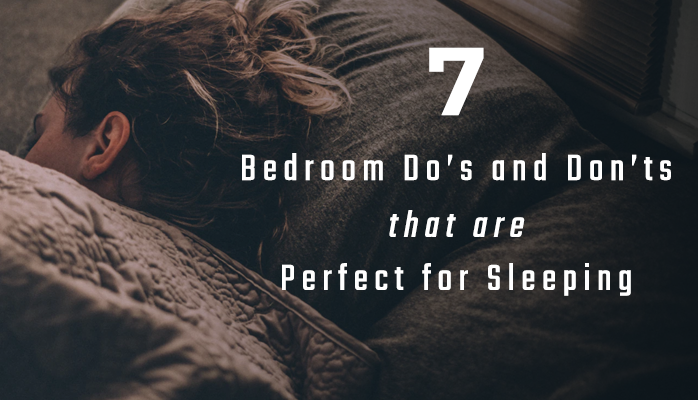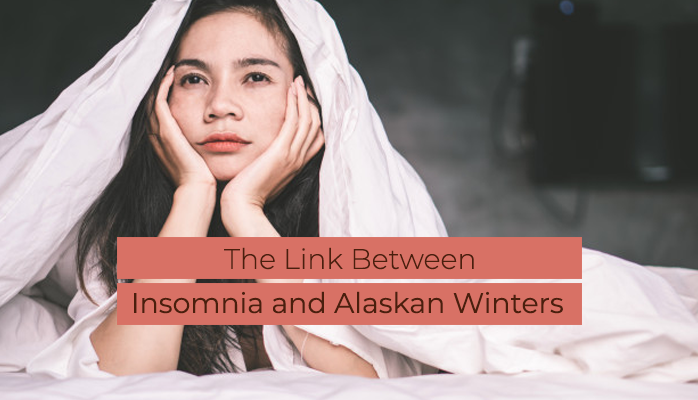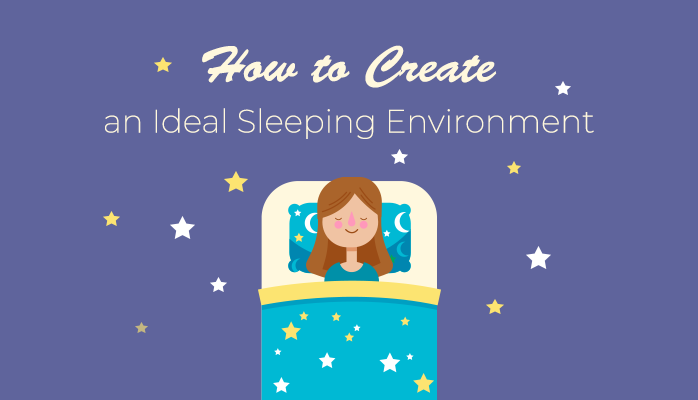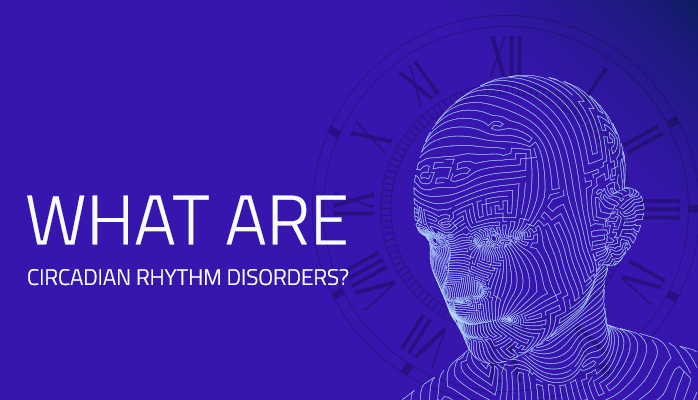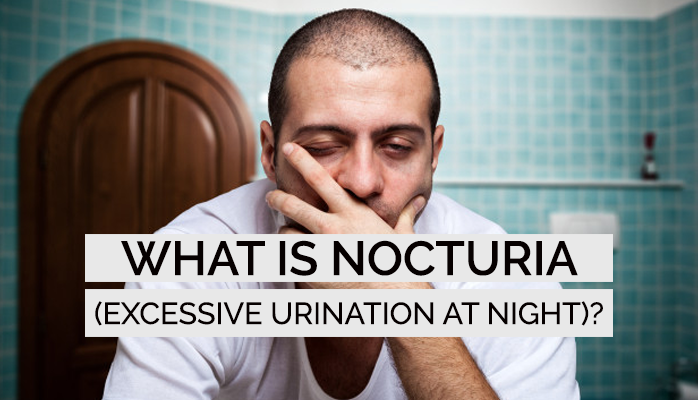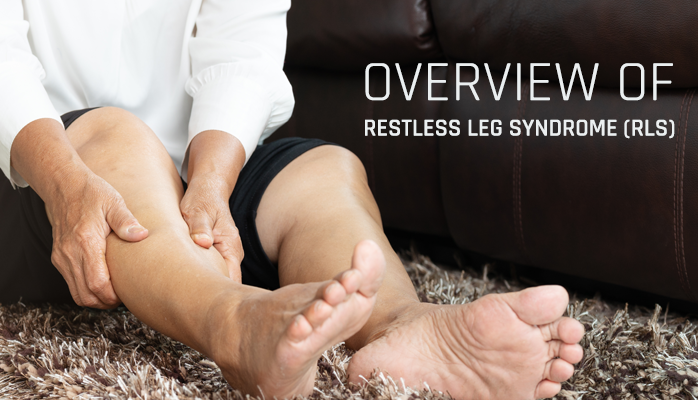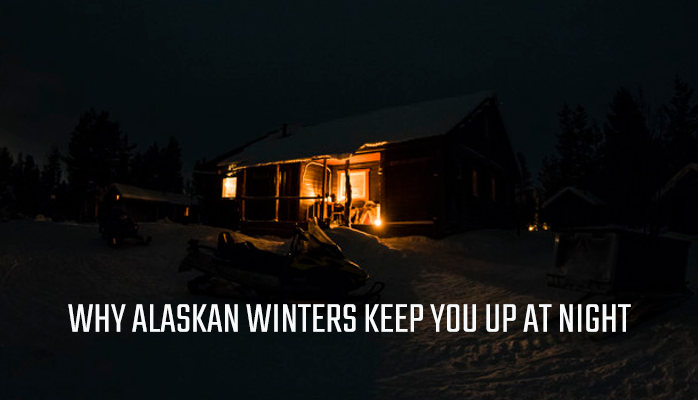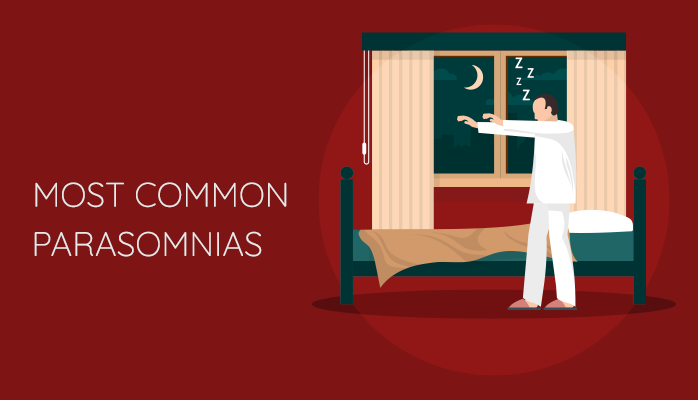Why Alaskan Winter Darkness Can Cause Insomnia
Alaskan winters bring about extreme lighting conditions, with most of the day being shrouded in darkness or completely devoid of sunlight. However, contrary to popular belief, this prolonged darkness does not bode well for our sleep. Adjusting to the Alaskan darkness after our vibrant summers requires significant lifestyle changes, and the natural hormonal fluctuations that occur during these long, dark winters only exacerbate our struggle to achieve restful sleep.
Our lives tend to change in predictable ways during winter, sometimes to the point where, on paper, we look like different people between winter and summer in Alaska. The winters can hit many of us particularly hard:
- Anxiety
- Depression
- Restlessness
- Feelings of isolation
- Low levels of physical activity
- Little time outside
- Hormonal changes
These symptoms often end up either exacerbating or causing sleep disorders, most commonly insomnia. In addition to these natural responses to the darkness, our melatonin regulation can also be profoundly changed during all of the darkness.
Melatonin regulates our biological clock. It is produced in response to changes in light. The lack of light changes during winter can throw our melatonin regulation completely off, and in consequence, and combined with other factors, our sleep schedule can become whacky as well – i.e., exhibit or exacerbate classic signs of insomnia:
- Can’t fall asleep
- Can’t sleep until a normal hour in the morning
- Keep waking up throughout the night
If this sounds familiar, then keep reading. Let’s look at good ways to combat the darkness issue.

